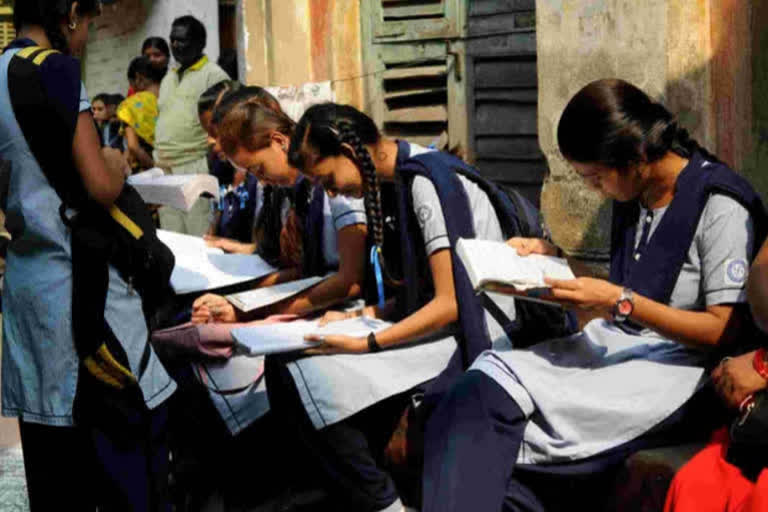New Delhi:At least 27 per cent students do not have access to smartphones or laptops to attend online classes, while 28 per cent students and parents believe intermittent or lack of electricity is one of the major concerns hindering teaching-learning, according to a survey by the NCERT.
The survey with over 34,000 participants, including students, parents, teachers and school principals from Kendriya Vidyalayas, Navodyaya Vidyalas and CBSE affiliated schools, has pointed out that lack of knowledge of using devices for effective educational purposes and teachers not being well-versed with online teaching methodologies, caused hindrance in the learning process.
"Approximately 27 per cent of the students mentioned the non-availability of smartphones and laptops. The maximum number of stakeholders have opted for mobile phones as a medium for teaching-learning during the COVID-19 period," the survey by the National Council of Educational Research and Training (NCERT) said.
"About 36 per cent of the students used the textbooks and other books available with them. Laptops were the second most favoured option amongst teachers and principals. Television and radio were the least utilized devices for the teaching-learning in the pandemic situation. The absence of enriched interaction between the teacher and the students was one of the reasons as identified by the stakeholders," it added.
Also read:Rahul Gandhi visits Veer Bhumi Rajiv Gandhi Memorial
The survey noted that almost all of the responsive states use physical (non-digital) mechanisms to track the progress of learners with a majority of them either practising home visit by teachers or systematic parental guidance via phone calls.
"About half of the students stated that they did not have the school textbooks. Although the e-textbooks are available on NCERT website and DIKSHA, the probable reasons behind this feedback are that students are used to studying from the hardcopy of the textbooks, there is lack of awareness regarding the availability of the e-textbook and paucity of devices with students and teachers," it said.
The majority of the stakeholders pointed out that mathematics as a subject was difficult to learn via online medium.
"Since, mathematics contains a number of concepts which require interaction, continuous support, monitoring from the teacher and these aspects were lacking in the online mode of teaching.
Also read:NCERT adds scrapping of Article 370 to Class 12 textbook chapter
"Next to Mathematics, Science was identified as the subject of concern since it contains several concepts and practical experiments which could only be done in the laboratory under the supervision of the teacher. A few stakeholders also found Social Science as a difficult subject to grasp through online classes," the survey said.
